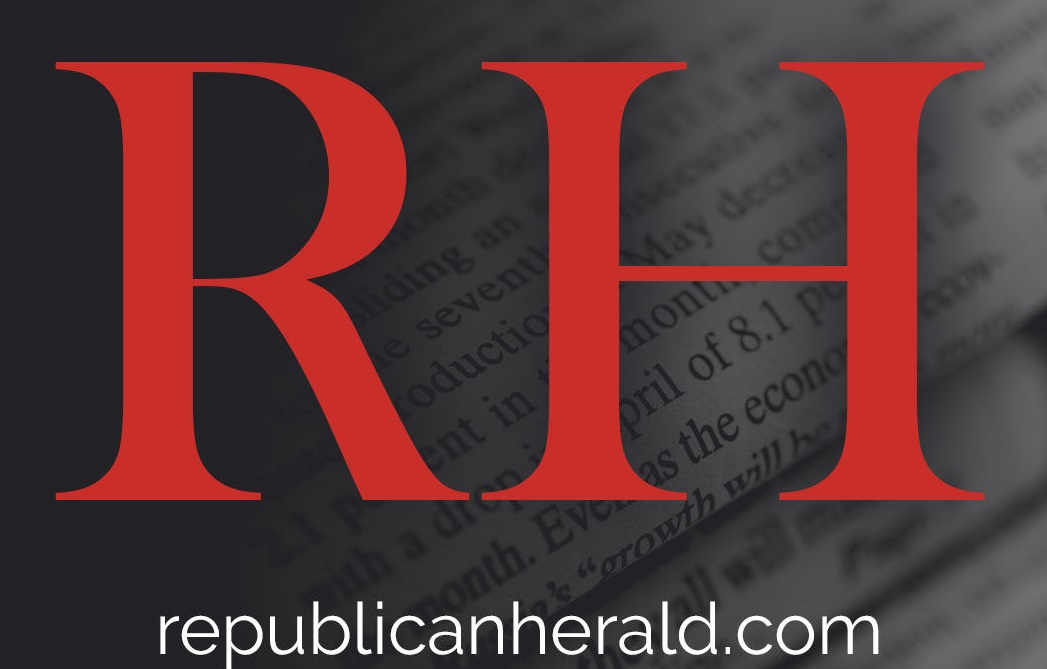A recent letter to the editor has highlighted growing concerns about Pennsylvania’s tax system following a ruling by the Pennsylvania Supreme Court. Two years ago, the court determined that the state’s public school funding was unconstitutional, directing the legislature to address this issue. However, the court did not provide guidance on how to resolve the funding crisis, leaving lawmakers and educators grappling with the challenge of securing necessary financial resources.
More than half of Pennsylvania’s school funding relies on local property taxes. As state and federal contributions potentially decrease, communities may face significant tax increases. The state’s budget surplus is projected to diminish within the next few years, raising urgent questions about how to ensure equitable education for all students, as mandated by the Pennsylvania Constitution.
The letter, penned by local resident Lily Hersch, emphasizes a critical aspect often overlooked in discussions about education funding: the burden of increased taxes. Pennsylvania’s tax structure is already considered one of the most inequitable in the United States. According to the Institute on Taxation and Economic Policy, low-income individuals pay a disproportionately high percentage of their earnings in state and local taxes.
Hersch identifies the absence of a graduated income tax as a significant issue. Such a system could help redistribute the tax burden more fairly, placing greater financial responsibility on those with higher incomes. The state’s Uniformity Clause, which mandates that taxes be uniform across similar subjects within the jurisdiction, was enacted in 1874. While intended to promote fairness, its interpretation has resulted in a tax system that disproportionately impacts lower-income residents.
The letter calls for a re-evaluation of the Uniformity Clause, suggesting that the Pennsylvania Supreme Court may need to reconsider whether its original intent aligns with the current regressive nature of the state’s tax system.
As the state grapples with the implications of the court’s ruling, the debate over how to finance public education continues. With the impending fiscal challenges, Pennsylvania faces a pivotal moment that could reshape its approach to education funding and taxation. The outcome may ultimately determine how well the state can uphold its constitutional promise to provide quality education for every child.






































































